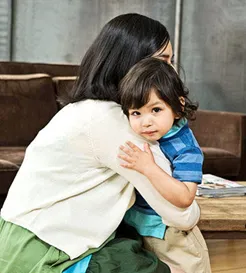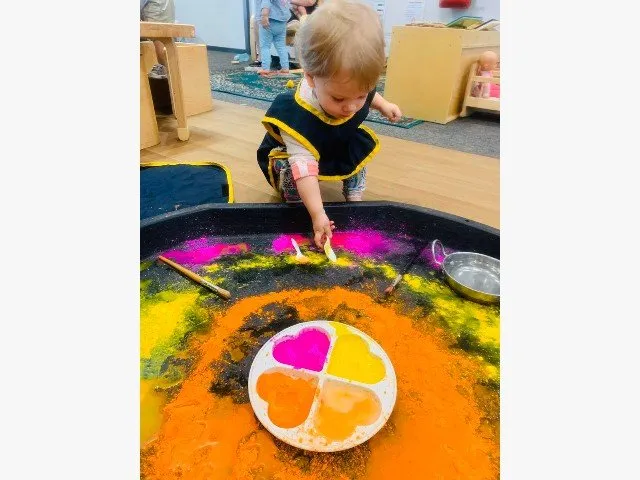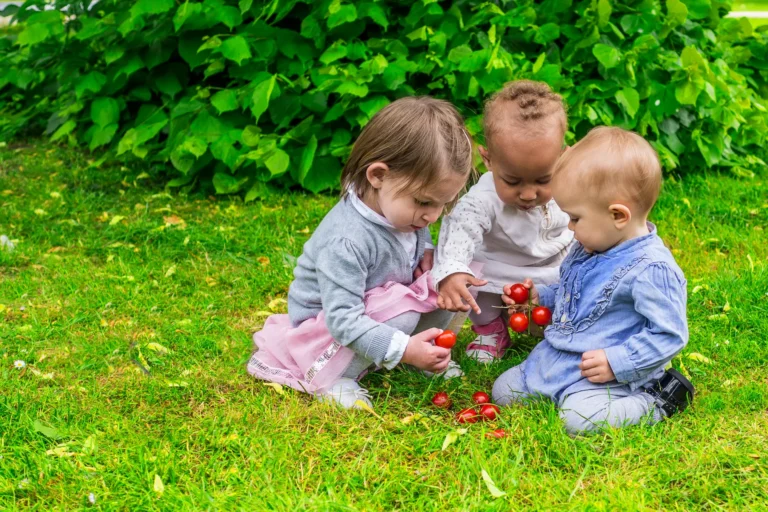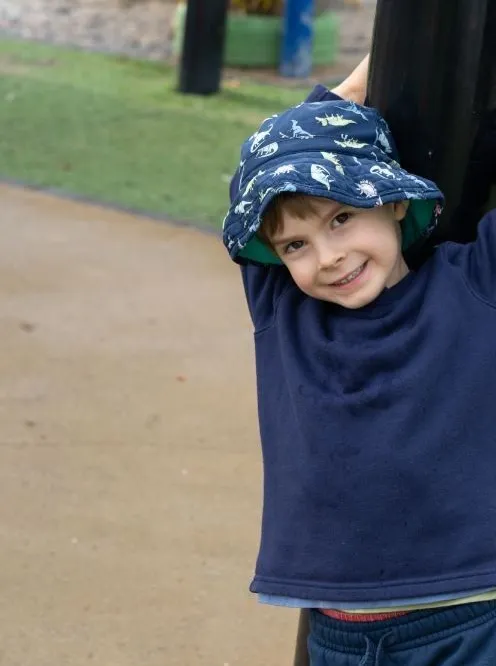
Saying goodbye to toddlers can be full of emotions, both for you and the child. Separation anxiety is normal among toddlers and preschoolers and is mostly manifested by outbursts that are extremely difficult to tame. Understanding the triggers of separation anxiety and why they happen is important to help you manage and eventually avoid them.
Why Does Separation Anxiety Happen?
Children can experience feelings of separation anxiety for a variety of reasons but generally, it’s because they believe that their survival depends on having their primary caregiver with them at all times. They are also too young to understand how time works, even leaving them for a few minutes can feel like a long time for them. Because of this, it’s best to let them know when you are leaving. Some parents think that when they sneak off to grab something from the next room, the child won’t realise that they are gone but this is wrong. In fact, toddlers may interpret this as you leaving them forever.
Separation anxiety can also signal your child’s increasing autonomy. They are starting to form their own opinions and want to exert their control over the situation. In this case, they don’t want you to leave and they aim to achieve their goal by crying, resisting other caregivers or throwing fits.
How to Ease Separation Anxiety
Hearing their child cry can be a great source of pain for a parent, but giving in to what they want every time they burst into tears is not ideal. After all, you can’t just stay by their side all day as you have other responsibilities to do. Teaching them independence is an important part of child care in Australia. Before leaving, talk to your child and explain the process of leaving to them. You can remind them of how much you love them and tell them when you will return. You can also offer them their favourite toy and tell them that this will watch over them while you are gone. Developing a regular routine when leaving can give your child a feeling of control over the daily situation. You can say a catchy phrase or share a secret handshake to indicate that you are leaving.
Try to be consistent about the time you leave and avoid any unexpected factors. Establishing a routine can help diminish the pain brought by separation and allow your child to build their trust in you and in themselves. That said, it’s important to keep your promises to them. If you tell them that you’ll be arriving at a certain time and you don’t, it could cause a rift in your relationship leading to them becoming even more clingy.
You can also practice being apart by leaving them in the care of loved ones they are familiar with such as their grandparents. Scheduling playdates with friends and allowing friends to provide childcare for you on the weekends can help them get used to you not always being around and gives them a chance to thrive in your absence.
Creative Childcare believes that with proper guidance and the right teaching methods, children can flourish. At our creative children learning centre , we utilise a variety of methods to help your children grow and recognise their potential. To learn more about our facility, get in touch with our team today.



